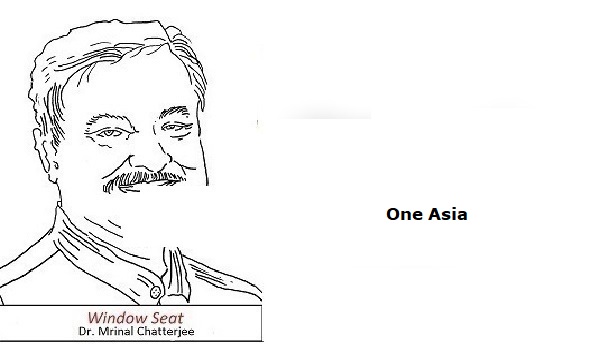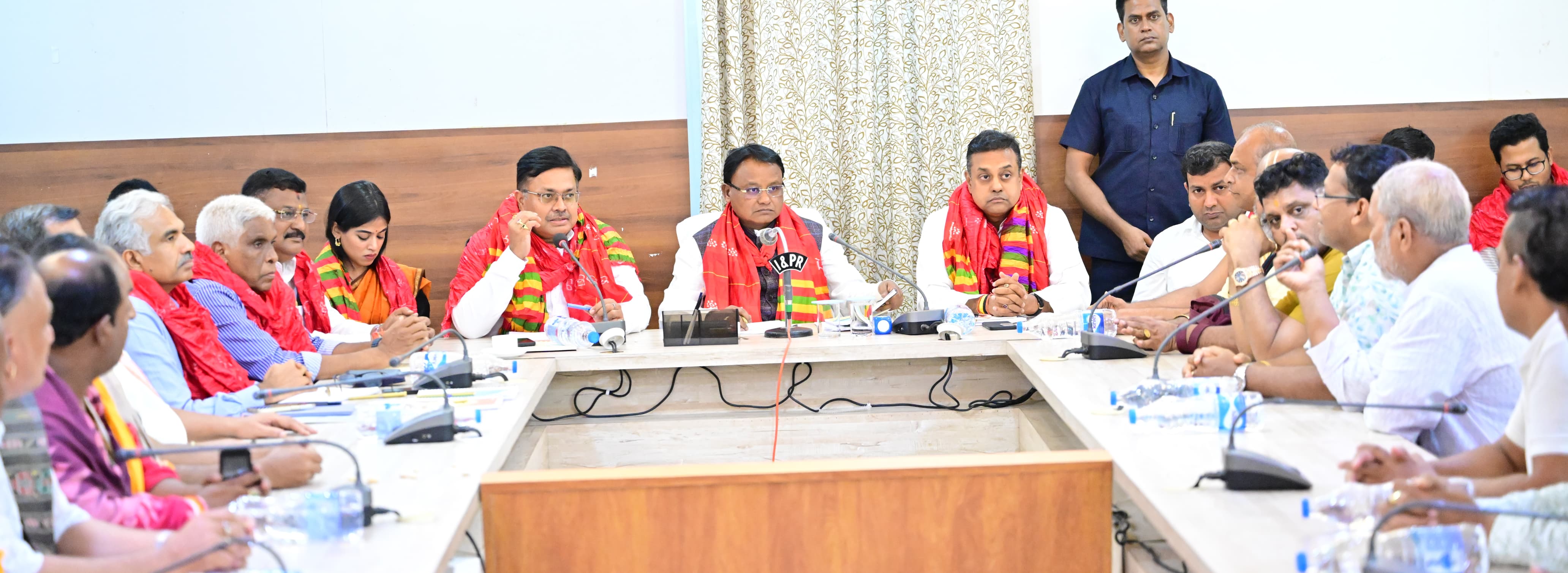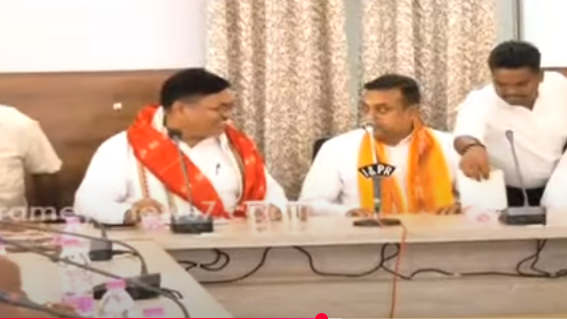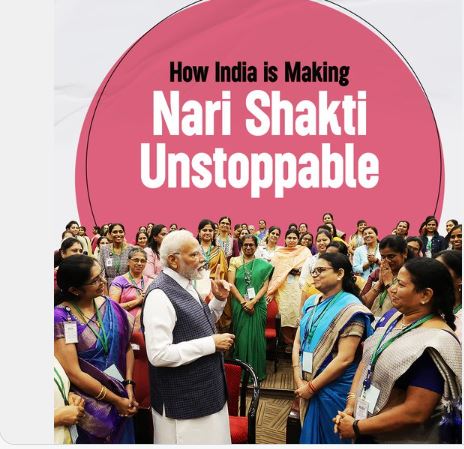Window Seat: One Asia

One Asia From the times of ancient Greek period Asia was viewed as one land, alien and fit to be won because of its riches. In fact China and India alternated in being the largest economies in the world from 1 to 1800 CE. China was a major economic power and attracted many to the east, and for many the legendary wealth and prosperity of the ancient culture of India personified Asia, attracting European commerce, exploration and colonialism. The accidental discovery of a trans-Atlantic route from Europe to America by Columbus while in search for a route to India demonstrates this deep fascination. The Silk-Road, connecting East Asia and Southeast Asia with East Africa, West Asia and Southern Europe became the main east–west trading route in the Asian hinterlands while the Straits of Malacca stood as a major sea route. It was from the 18th century that Europe emerged as a great economic and subsequently military and political power thanks to the development of modern science and technology, industrial revolution and an aspirational surge. Many prefer to term nineteenth century as that of the Imperial Century of Great Britain and twentieth century is marked as the century of United State of America. Twenty-first century, many opine is the century of Asia as Asian countries have developed economically and politically and they are on a growth trajectory. The phrase Asian Century arose in the mid to late 1980s, and is attributed to a 1988 meeting with People's Republic of China (PRC) leader Deng Xiaoping and Indian Prime Minister Rajiv Gandhi. Prior to this, it made an appearance in a 1985 US Senate Committee on Foreign Relations hearing. It has been subsequently reaffirmed by several Asian political leaders, and is now a popularly used term in the media. The idea of Asia as a united spiritual entity has been credited to Swami Vivekananda (12 January 1863- 4 July 1902). Japanese art historian and philosopher Okakura Kakuzo (14 February 1863- 2 September 1913), who became an ardent follower of Swami Vivekananda nurtured the idea of the Asian consciousness. After the bereavement of Swami Vivekananda, Okakura met Rabindranath Tagore (7 May 1861 - 7 August 1941). Tagore soon became an ardent enthusiast for the Asian consciousness. In fact Tagore became one of the most creative exponents of an Asian Universalism through his philosophic rendering of the concept. Swami Vivekananda’s concept of ‘one Asia’ was not based on political or economic power or prowess. It was based on spirituality. In his discourses Swami Vivekananda spoke extensively on Hinduism and Buddhism. In fact he posited Buddhism as a logical extension of Hinduism. Since both the religion emerged from South Asia- he tried to posit the combined Hinduism and Buddhism as the soul of Asian consciousness. Both these religions were based on knowledge (gyan), Faith (bhakti) and Renunciation (sannyas, withdrawal). {"align":"center","id":158516,"sizeSlug":"full","linkDestination":"none"} His ideas were picked up by Japanese art historian and philosopher Okakura Kakuzo. He attempted to posit Asian unity by saying ‘Asia is one’. In his book on Asian artistic and cultural history, The Ideals of the East with Special Reference to the Art of Japan he wrote about the spiritual unity throughout Asia, which distinguishes it from the West: Asia is one. The Himalayas divide, only to accentuate, two mighty civilisations, the Chinese with its communism of Confucius, and the Indian with its individualism of the Vedas. But not even the snowy barriers can interrupt for one moment that broad expanse of love for the Ultimate and Universal, which is the common thought-inheritance of every Asiatic race, enabling them to produce all the great religions of the world, and distinguishing them from those maritime peoples of the Mediterranean and the Baltic, who love to dwell on the Particular, and to search out the means, not the end, of life. After the bereavement of Swami Vivekananda, Okakura met Rabindranath Tagore. Tagore soon became an ardent enthusiast for the Asian Consciousness. Rabindranath’s concept of Asian unity was, however, based on philosophy. Why should we record history? Of late there has been lot of discussion regarding the need for rewriting history- from Indian perspective. My take on this subject is: we need to record history. For two primary reasons: wp:list {"ordered":true,"type":"a"} We must remember the contribution of persons and accord them due space in our history. As a society it is our duty. The nation which forgets the contribution of persons in its making and development are doomed to slide into abyss.We need to record history or else myth will take over. Myth is malleable. Recorded history is not. We need to record facts with its ups and downs, dimples and warts to record an authentic history. /wp:list However, I want to flag two issues in this context- two trends that we must be aware of and guard against. wp:list {"ordered":true,"type":"a"} Deification (the action of making someone or something into a god): It may lead to hagiography- adulatory and idealized biography.Ethnocentricism (evaluation of other cultures according to preconceptions originating in the standards and customs of one's own culture): Ethnocentrism is the term anthropologists use to describe the opinion that one’s own way of life is natural or correct. Some would simply call it cultural ignorance. In extreme cases, a group of individuals may see another cultures way of life and consider it wrong, because of this, the group may try to convert the other group to their own ways of living. This might lead to conflict. /wp:list Tailpiece: Gurugyan Whenever the brain and the heart fight, it’s always the liver that suffers. About the Author: Journalist turned media academician Mrinal Chatterjee lives in Dhenkanal, Odisha. He also writes fiction and plays. He can be reached at [email protected] DISCLAIMER This is the personal opinion of the author. The views expressed in this write up have nothing to do with those of prameyanews.com
Latest News

Pharma factory blast in Telangana: Odisha send...

Three killed as illegal Manganese mine collaps...

Priyanka Chopra learns Odisha’s Mayurbhanj Chh...

Rath Yatra 2025: Lakshmi-Narayana Besha during...

Rath Yatra 2025: Odisha CM holds key discussio...

IIM Sambalpur welcomes 363 students for MBA ba...

After Chaos, A Push for Reform at Puri's Jagan...
Copyright © 2024 - Summa Real Media Private Limited. All Rights Reserved.
























